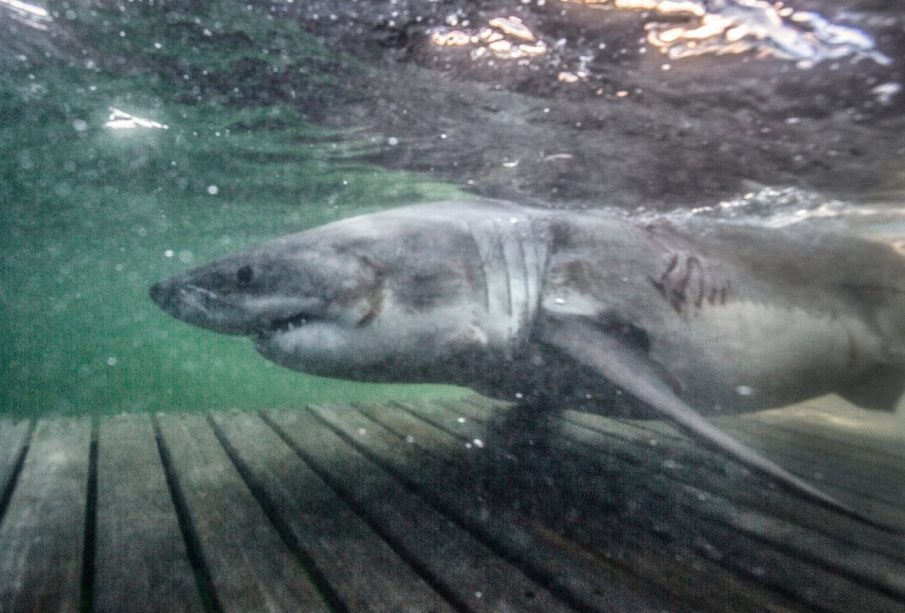Understanding Great White Sharks: The Ocean’s Apex Predators

Introduction
Great white sharks (Carcharodon carcharias) are among the most iconic and formidable marine predators, capturing the fascination of marine biologists and the general public alike. Known for their size, speed, and powerful hunting skills, these sharks play a vital role in maintaining the health of marine ecosystems. As concerns over ocean health and shark conservation grow, understanding great white sharks becomes increasingly important for both ecological balance and public safety.
Key Facts About Great White Sharks
Great white sharks can grow up to 20 feet in length and weigh as much as 4,000 pounds. They are primarily found in coastal waters of temperate and subtropical oceans around the world, including regions off the coasts of the United States, South Africa, and Australia. Their keen sense of smell allows them to detect a drop of blood in the water from miles away, while their acute hearing can pick up low-frequency sounds made by distressed marine animals.
Recent Events and Research
Recent studies have highlighted the changing behavior and migration patterns of great white sharks, particularly in relation to rising ocean temperatures and climate change. Researchers from the University of California have observed that many sharks are expanding their territories, moving towards cooler waters as their usual habitats warm. This shift can affect local marine populations and alter the food web dynamics.
In addition to environmental changes, there are ongoing conservation efforts aimed at protecting great white sharks from overfishing and habitat loss. The California Department of Fish and Wildlife recently announced new regulations aimed at reducing bycatch in commercial fishing, thereby safeguarding these ancient creatures.
Conservation Efforts
Organizations such as the Oceana and Shark Trust are actively involved in raising awareness about the importance of great white sharks and the threats they face. Conservationists emphasize that protecting these apex predators is essential for the overall health of marine ecosystems, as their presence indicates a balanced environment. Efforts include tagging and monitoring shark populations to study their movements and breeding patterns, which can inform policy and conservation strategies.
Conclusion
Great white sharks are essential to the marine ecosystems they inhabit and are facing numerous threats due to human activities. Their role as apex predators is crucial for maintaining species diversity and ecological balance. Protecting them is not only vital for their survival but also for the health of the oceans. As we continue to research and understand these magnificent sharks, it is imperative that we advocate for their conservation to ensure they thrive for generations to come.








